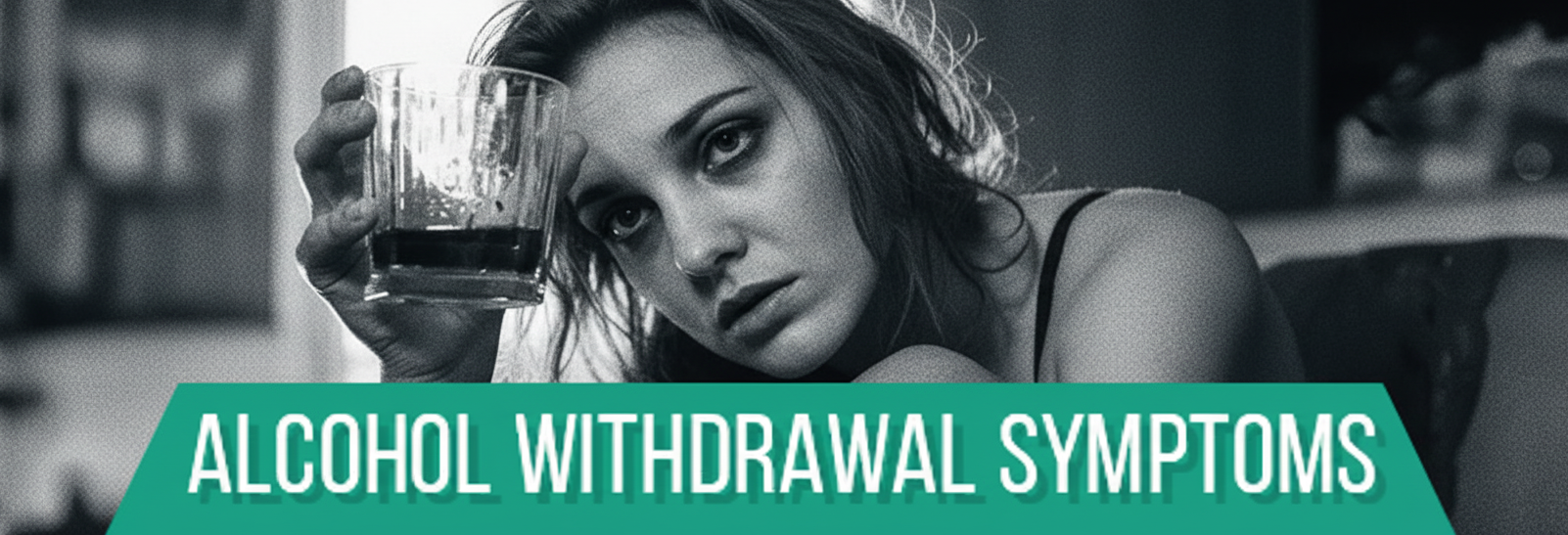When Phillip Ross Board, 32, of Dunbar, South Carolina, was arrested on child neglect charges, he didn’t get the chance to defend himself. The next day, he died — his family alleges — from complications of alcohol withdrawal. His story is a sobering reminder that alcohol withdrawal is not “just a bad hangover.” It can be life-threatening if left untreated.
What Is Alcohol Withdrawal?
Alcohol withdrawal happens when a person who drinks heavily suddenly stops or drastically reduces consumption. Over time, alcohol alters the brain’s chemical balance:
- Alcohol enhances the effects of GABA, a neurotransmitter that promotes relaxation.
- Alcohol suppresses glutamate, which normally increases alertness.
When drinking stops, the brain goes into overdrive, causing rebound excitability. This is why withdrawal can range from mild shakiness to severe, life-threatening conditions like seizures or delirium tremens (DTs).
⚠️ Each episode of withdrawal can be worse than the last. This is known as the “kindling effect.”
Symptoms of Alcohol Withdrawal
Mild Symptoms
- Shaking or tremors
- Sweating
- Anxiety or irritability
- Fatigue and headaches
- Nausea or vomiting
- Insomnia
Severe Symptoms
- High blood pressure
- Rapid or irregular heartbeat
- Fever or elevated body temperature
- Seizures
- Hallucinations
- Altered consciousness
- Delirium tremens (DTs) — a medical emergency with confusion, agitation, and vivid hallucinations
Alcohol Withdrawal Timeline
Withdrawal symptoms usually start within 6–12 hours after the last drink, but they can begin as early as 2 hours.
- Stage 1 (Up to 8 hours): Anxiety, insomnia, abdominal pain, nausea.
- Stage 2 (24–72 hours): Elevated blood pressure, fever, irregular heartbeat, confusion.
- Stage 3 (72+ hours): Seizures, hallucinations, DTs (peaking around day 5).
For some people, symptoms fade in 5–7 days, but complications can appear later — which is why medical supervision is crucial.
Who Is at Higher Risk of Severe Withdrawal?
- People with a long history of alcohol abuse
- Seniors (60+)
- Those with liver, heart, or lung disease
- People with mental health conditions (e.g., depression, mood disorders)
- Individuals with a history of severe withdrawal
- Those who have relapsed multiple times
How to Prepare for Alcohol Withdrawal
If you decide to quit alcohol, preparation is critical:
- Tell your family or close friends so they can check in on you.
- Remove alcohol from your home to avoid temptation.
- Avoid drinking buddies and triggering environments.
- Stay hydrated — nausea and vomiting can deplete electrolytes.
- Distract yourself with hobbies, books, or movies to manage cravings.
- Practice relaxation techniques like deep breathing or meditation.
- Write down your reasons for quitting and keep them visible.
- Be ready to call for medical help if symptoms worsen.
- Consider a detox or rehab facility for 24/7 medical supervision.
When to Seek Medical Help
You should never attempt alcohol withdrawal alone if:
- You live alone or don’t have someone to monitor you.
- You have a history of seizures or DTs.
- You suffer from chronic health conditions.
- You are over 60.
In these cases, enrolling in a medically supervised detox program is the safest option. Doctors can manage withdrawal symptoms, prevent complications, and support long-term recovery.
Final Thoughts
Attempting to stop drinking is a brave decision — but also a risky one if done without guidance. Alcohol withdrawal can be fatal, as Phillip Ross Board’s case shows. Each failed withdrawal attempt makes the next more dangerous, so planning carefully is key.
If you or someone you love is trying to quit:
- Learn the alcohol withdrawal symptoms and timeline.
- Understand that medical support is often necessary.
- Remember that asking for help is a sign of strength, not weakness.
Your health and safety matter more than anything. The ultimate goal is not just surviving withdrawal — it’s achieving lasting sobriety and a better quality of life.
